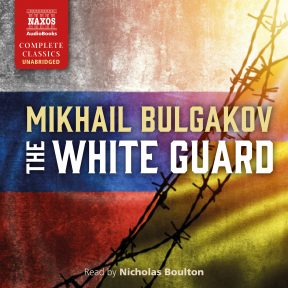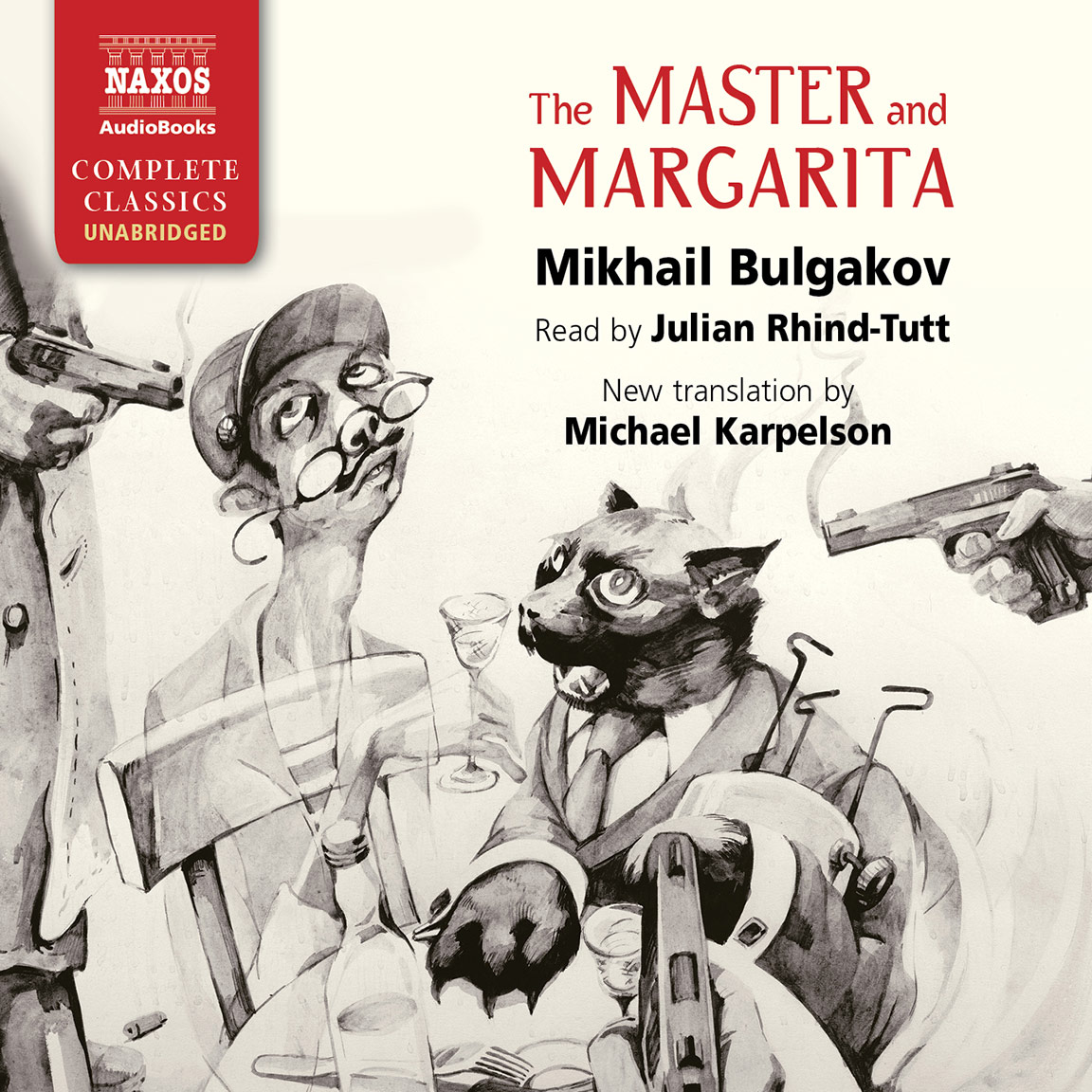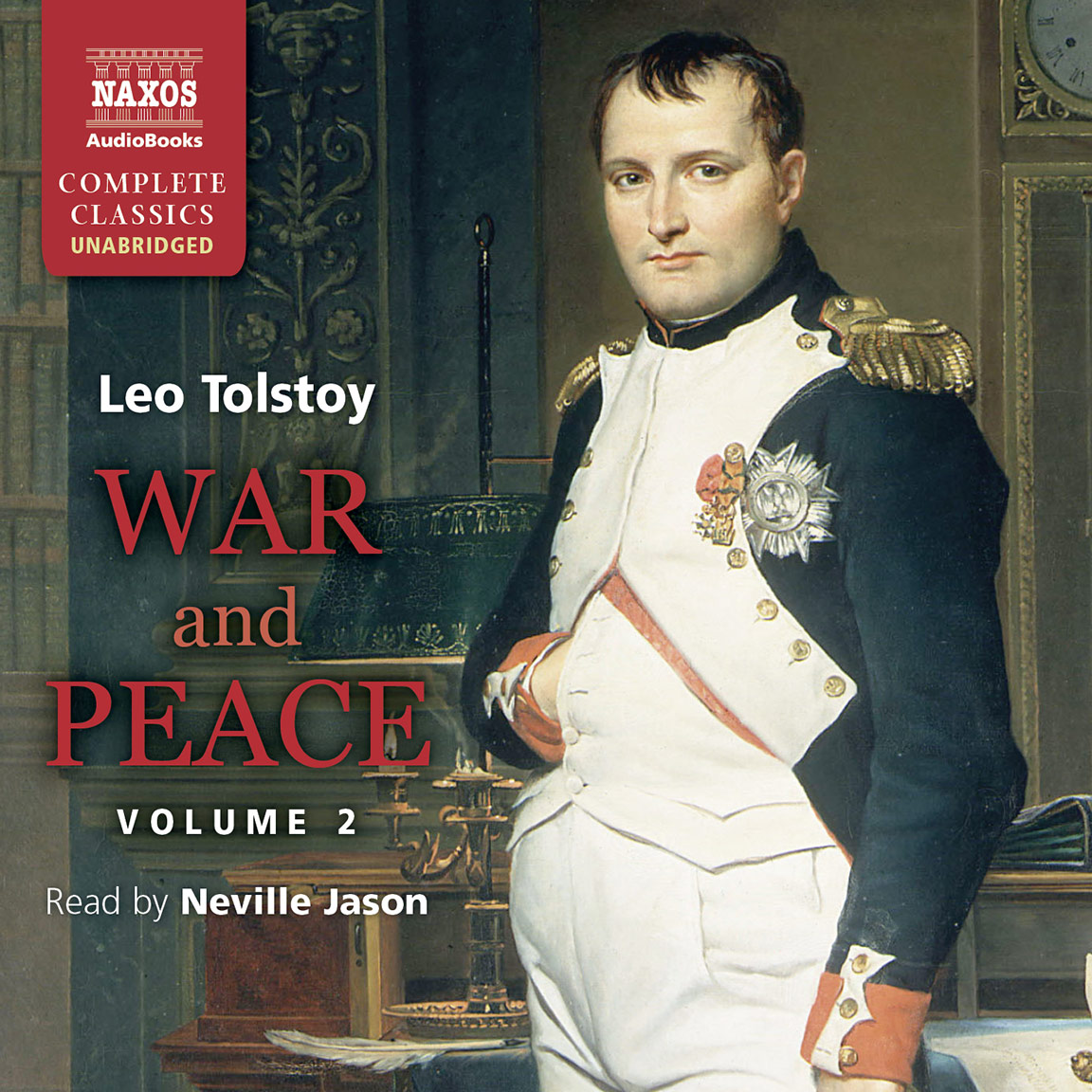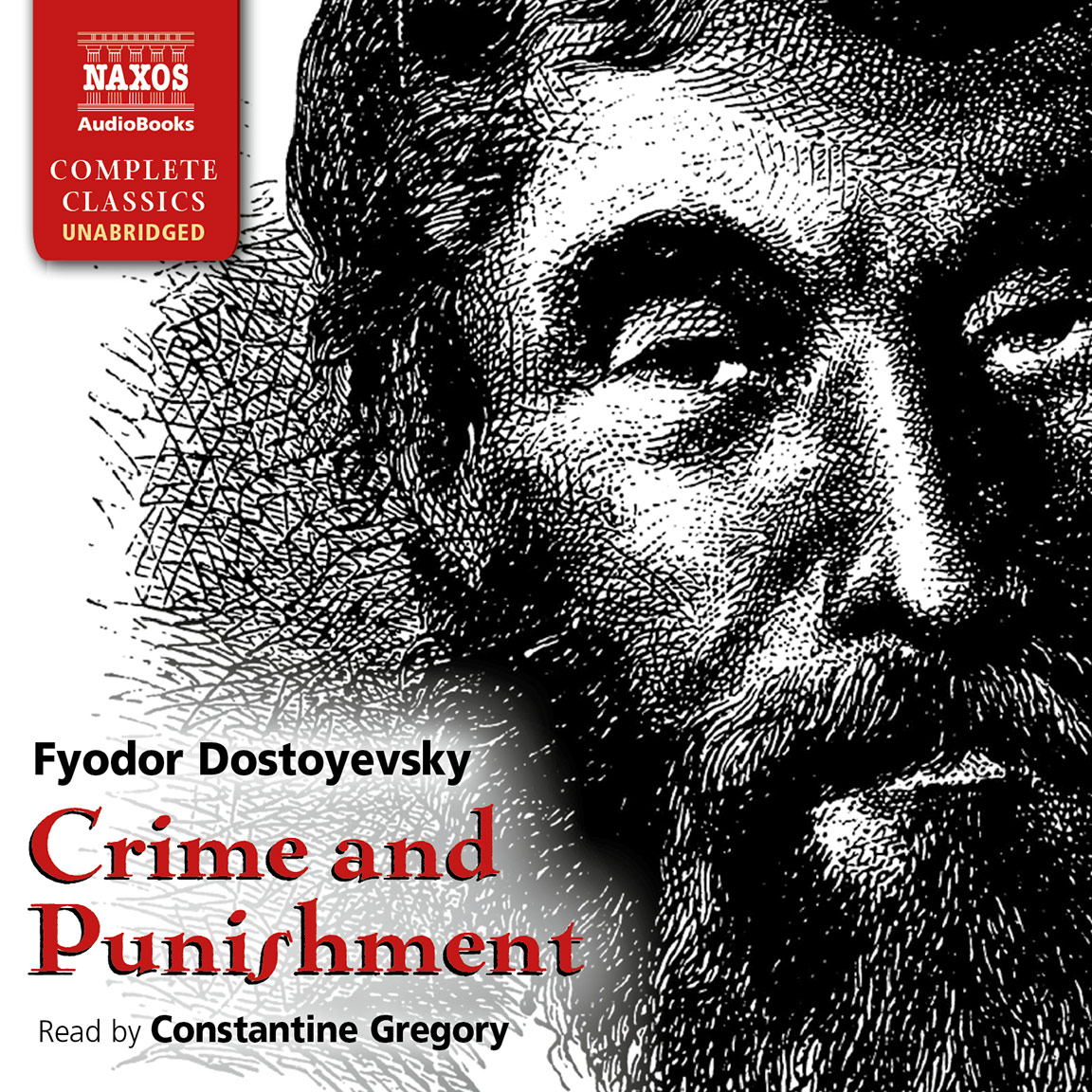
Audio Sample
Mikhail Bulgakov
The White Guard
Read by Nicholas Boulton
unabridged
In the Ukrainian capital Kiev (‘the City’), life has become frightening and fragile. Bulgakov’s first full-length novel is set in the harsh and chaotic winter of 1918–19, as power struggles start to play out with brutal consequences. Echoing Tolstoy’s approach in War and Peace, Bulgakov contrasts the concerns of domestic life with the wide-ranging and destructive historical events; but where Tolstoy’s structure is clear, Bulgakov interweaves narrative, details of military action, snatches of songs, dreams, dialogue and fragments of thought to capture this swirl of confusion on every level, as those caught in the middle of circumstances beyond their control try to ground themselves. Suffering, tragedy and savagery are set out unflinchingly, but the bleakness is offset by a recognition of the resilience of the human spirit, and of the qualities of loyalty and principle – all embodied by the Turbin family. The novel begins and ends with a view of the night sky: beyond the chaos, beauty is still there to see.
-
Running Time: 11 h 20 m
More product details
Digital ISBN: 978-1-78198-426-0 Cat. no.: NA0561 Produced by: John Foley Text: The White Guard first published in full in 1966; this edition first published by Alma Classics in 2016 © by the Estate of Mikhail Bulgakov Translation © 2012 Roger Cockrell Reproduced with permission from Alma Books Ltd Translated by: Roger Cockrell BISAC: FIC004000 BIC: FC Released: September 22 -
Listen to this title at Audible.com↗Listen to this title at the Naxos Spoken Word Library↗
Due to copyright, this title is not currently available in your region.
You May Also Enjoy
Reviews
Nicholas Boulton gives yet another splendid narration of a Russian classic in this production of Bulgakov’s first major work. While Bulgakov is best known for The Master and Margarita, this novel depicts a Russian family, the Turbins, in Kiev during the winter of 1918–19. The Turbins must thread the needle as they deal with Bolshevik revolutionaries, counterrevolutionary Whites, Ukrainian nationalists, and occupying German troops. The novel has a number of semi-autobiographical elements, and some scenes are quite vivid in portraying the horrors the Revolution and Civil War brought to the remains of the Russian Empire. Boulton ably affects different accents for various characters – soldiers, officers, peasants, and others. His pacing and enunciation are perfect for both narration and dialogue.
M.T.F., AudioFile





